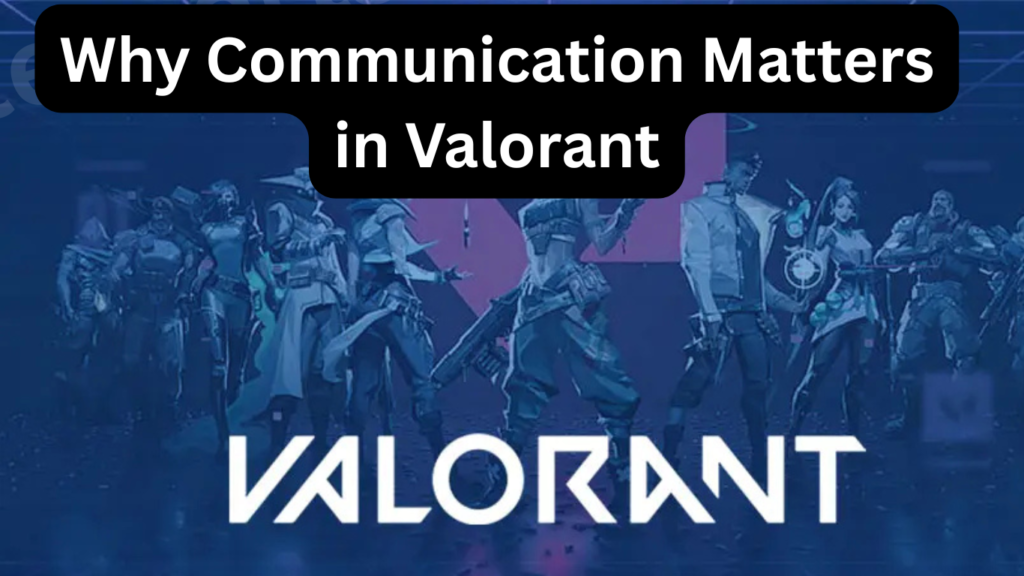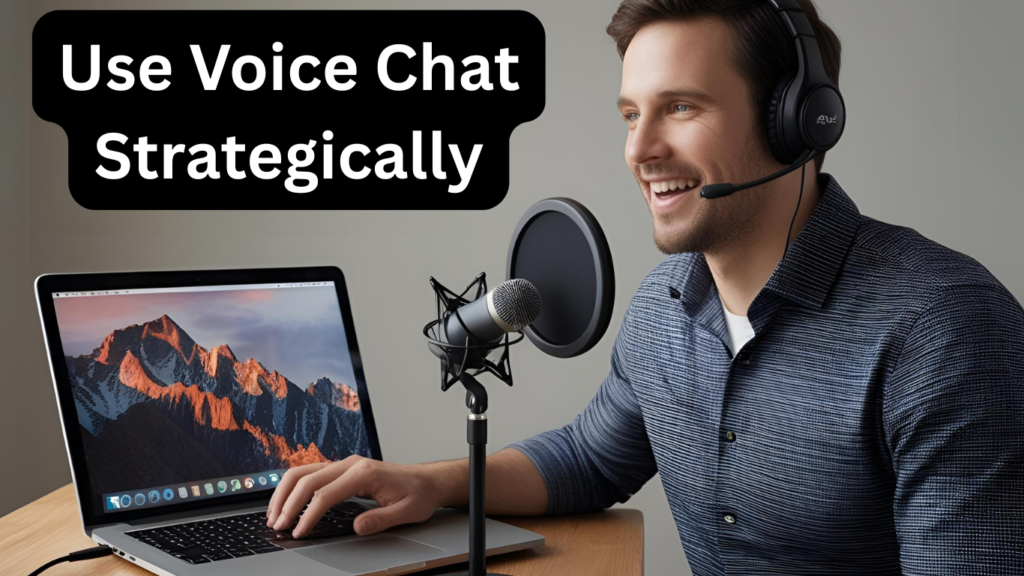How to communicate effectively with teammates in Valorant is one of the most important skills for climbing the ranks and improving your win rate. Valorant is a team-based tactical shooter where communication can be the difference between victory and defeat. If you’re not talking or relaying the right information, you’re putting your entire team at a disadvantage.
In this blog, we’ll break down the best ways to communicate in Valorant, whether you’re solo queuing or playing with friends. From voice comms to pings, callouts to calmness—mastering communication is your path to becoming a better teammate.
Table of Contents
Why Communication Matters in Valorant
Valorant isn’t just about sharp aim. Strategy, teamwork, and timely information are equally critical. Effective communication allows for:

- Faster rotations
- Better decision-making
- Trade kills and clutch plays
- Avoiding unnecessary deaths
- Improving overall synergy
Even if you’re not an IGL (In-Game Leader), providing useful info helps everyone.
Use Voice Chat Strategically
Voice chat is the most powerful communication tool in Valorant. Here’s how to use it properly:

- Call out enemy positions using map callouts (e.g., “Three pushing B Long”).
- Avoid talking over teammates. Let others finish their info before jumping in.
- Be concise. Short and clear callouts win games. Say “One Heaven, low HP,” not “I think someone is up, maybe near the top part.”
- Mute toxicity. Use /mute or Valorant’s in-game mute options to avoid distractions.
Master Map Callouts
Learning map-specific callouts like “Hookah,” “Garage,” “A Heaven,” or “B Link” is essential. Accurate callouts reduce confusion and help teammates react quickly.
Here are a few tips:
- Practice map callouts in custom games.
- Watch pro streams to learn their lingo.
- Use pings to supplement if you’re unsure.
Use Pings and the Ping Wheel
If you’re not using a mic or need to give silent info, pings are your best friend. Valorant’s ping wheel can highlight danger, spike location, or direction to rotate.
Use it to:
- Mark enemy locations quickly
- Point out the spike
- Suggest rotate paths
- Coordinate pushes silently
Stay Calm and Positive
Tense rounds can make comms chaotic. But staying calm helps your team think clearly. Here’s how to keep communication effective under pressure:
- Don’t blame teammates. Focus on solutions, not mistakes.
- Stay encouraging. A “nice try” can go a long way.
- Be a leader. Even if you’re not top fragging, keeping your team organized earns wins.
Share Critical Info Only
Don’t flood your team with unnecessary talk. Use the “less is more” approach.
Prioritize communicating:
- Enemy locations
- Spike status
- Ability usage (like “Sova used drone”)
- Enemy economy (“They’re saving this round”)
Avoid small talk or distractions mid-round.
Develop Good Timing
Timing is everything. Communicating too late can result in missed trades or failed site retakes.
Here’s when to speak:
- Immediately after spotting enemies
- After dying (don’t scream—just give calm info)
- Between rounds for strategy
- During buy phase to plan utility usage
Practice with Your Team
If you’re playing with friends or a team, set some ground rules for comms.
- Use specific terminology
- Practice callouts during scrims
- Watch your own gameplay back and analyze comms
The more you play together with proper communication, the more natural it becomes.
Final Thoughts
Learning how to communicate effectively with teammates in Valorant isn’t just about talking more—it’s about saying the right things at the right time. Whether you’re new to the game or aiming for Immortal, strong communication builds trust, leads to better plays, and increases your chances of winning.
So next time you queue up, think before you speak—and make every word count.
FAQs
Q1: What are the best callouts to learn in Valorant?
Start with common areas like Heaven, Elbow, Hookah, A Site, B Site, Garage, and Mid. Each map has unique spots, so study them in custom games or watch pro matches.
Q2: How do I communicate if I don’t have a mic?
Use the ping wheel to mark enemies, the spike, or suggest rotations. Type short, relevant info in chat like “2 A” or “One B long.”
Q3: What should I do if my teammates in Valorant are toxic?
Mute them immediately using Valorant’s mute feature. Stay focused on your own gameplay and give useful info to those who are still communicating constructively.
Q4: Is it okay to IGL (lead) even if I’m not the best player?
Yes! Leadership is about organization, not frags. If you can keep your team coordinated and provide good ideas, your team will benefit.
Q5: How can I improve my communication over time?
Watch your replays, join a Discord team, play scrims, and try shot-calling. Like any skill, communication improves with practice.
